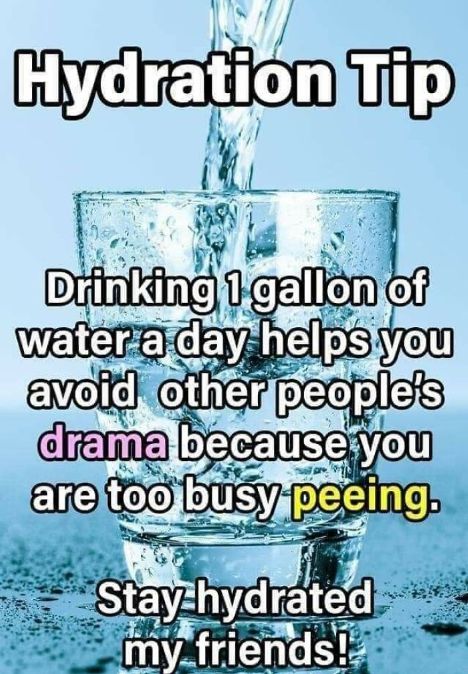Nothing in life is free, not even water. But if the earth is 71% water, why do we need to pay for it? Answer: Because safety.
Making water safe to drink costs money. Rivers, lakes, and oceans supply what seems like an endless amount of water – and sure, we could go out and stick a straw in a pond and drink for “free” (not recommended). But what exactly are we paying for when we pay our monthly water bill?
Here are the Five Fast Facts You Need to Know About The Business of Water:
- 💲 The Dollars - The average American uses nearly 82 gallons of water a day and pays about $45 per month.
- 💧 A Drop in the Bucket - The money from your monthly water bill is used to build and maintain stuff like water storage tanks, treatment plants, and underground pipes that deliver water to homes and businesses. It’s also used to pay the workers who provide you with water service day or night.
- 🌊 The State of Water - Like most things in this country, the price of water can vary from state to state. The state with the lowest water cost is Florida, where the average cost of a water bill is $6. Wisconsin and Vermont are also at the top of that list, with average water costs at $18. Water costs the most in Alaska – $95 per month, followed by West Virginia at $72.
- 🥤 Free Ain’t Free - We said it once, and we’ll repeat it - you are most welcome to go slurp up water out of any puddle you’d like without spending a dime. But it will cost you something – likely, your health. Becoming sick from contaminated water used to be a major issue. When water filtration and chlorination were introduced in major US cities between 1900 and 1940, the death rate dropped by 30%.
- 😤 Ah, Politics - Because water is a limited resource, it needs to be managed and regulated. In the US, water safety regulation is handled by the EPA. But because of the nature of water, it runs through both physical boundaries (state lines) and political boundaries (government departments). Because of this, no single government department has absolute authority over water. This absence of a centralized power has led to struggles and brawls between states.
The Bottom Line: Water is life, but it’s also business. Maintaining a safe drinking water supply to Americans is a top health and safety priority, and because it’s a limited resource, it’s something that will likely be argued over for quite some time to come. To get your say in how water is allocated and regulated, you need to — you guessed it – vote.
How's your water bill?
Let us know by connecting with us on Facebook and Instagram! Also, remember to share this newsletter with your friends & coworkers!
Btw, If you’ve read this far and haven’t yet signed up for the weekly Paycheckology newsletter, CLICK HERE!
